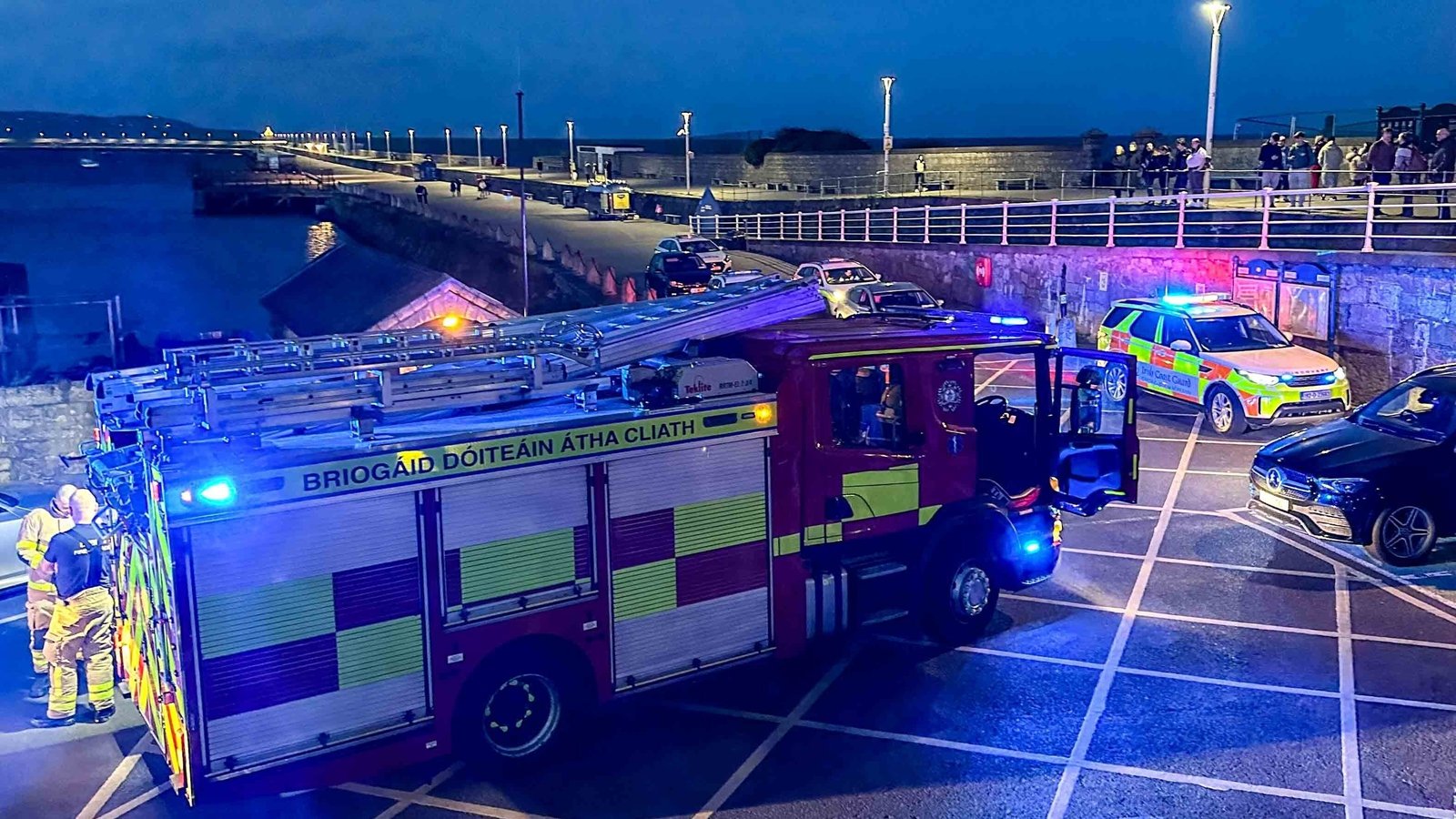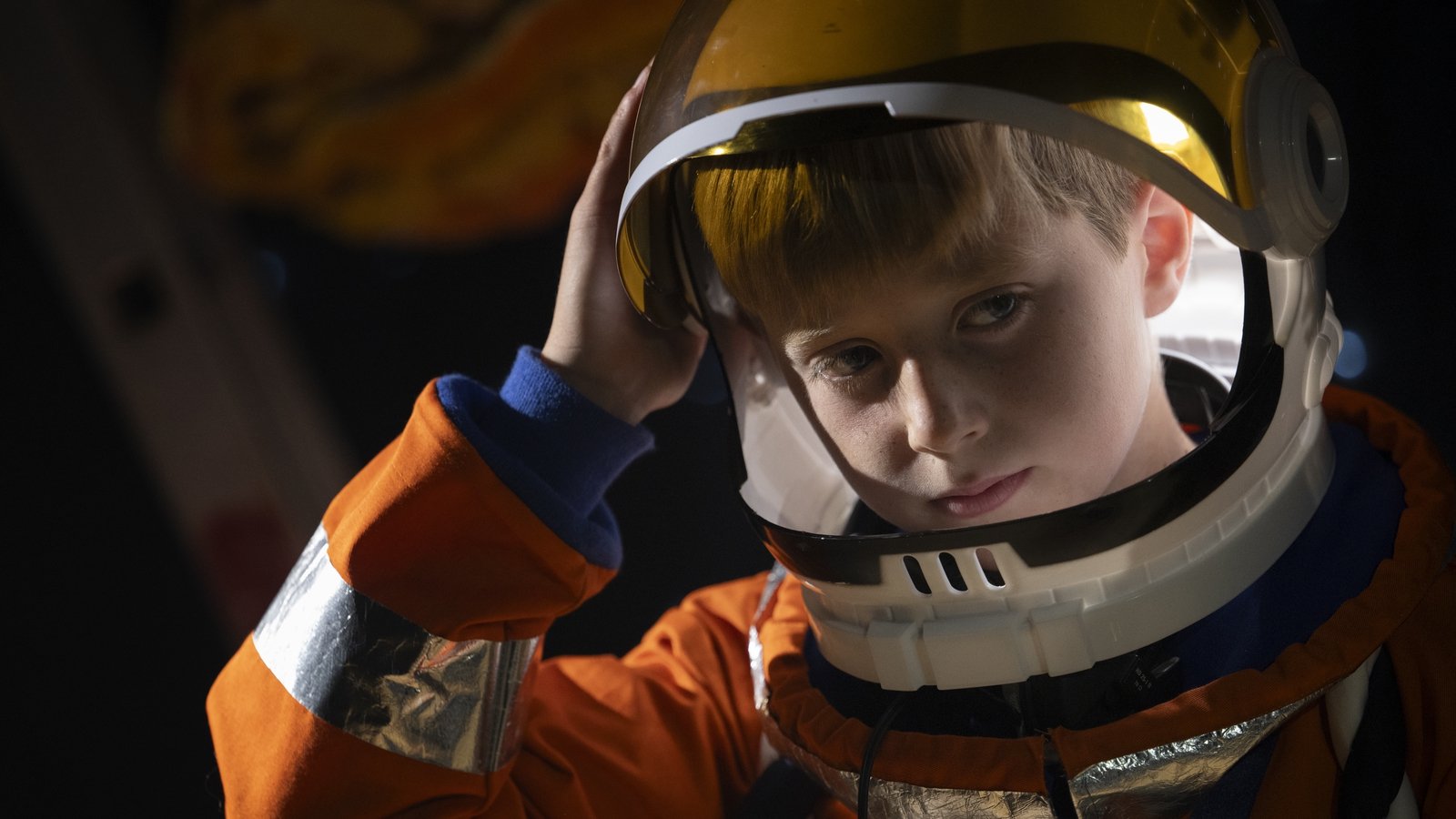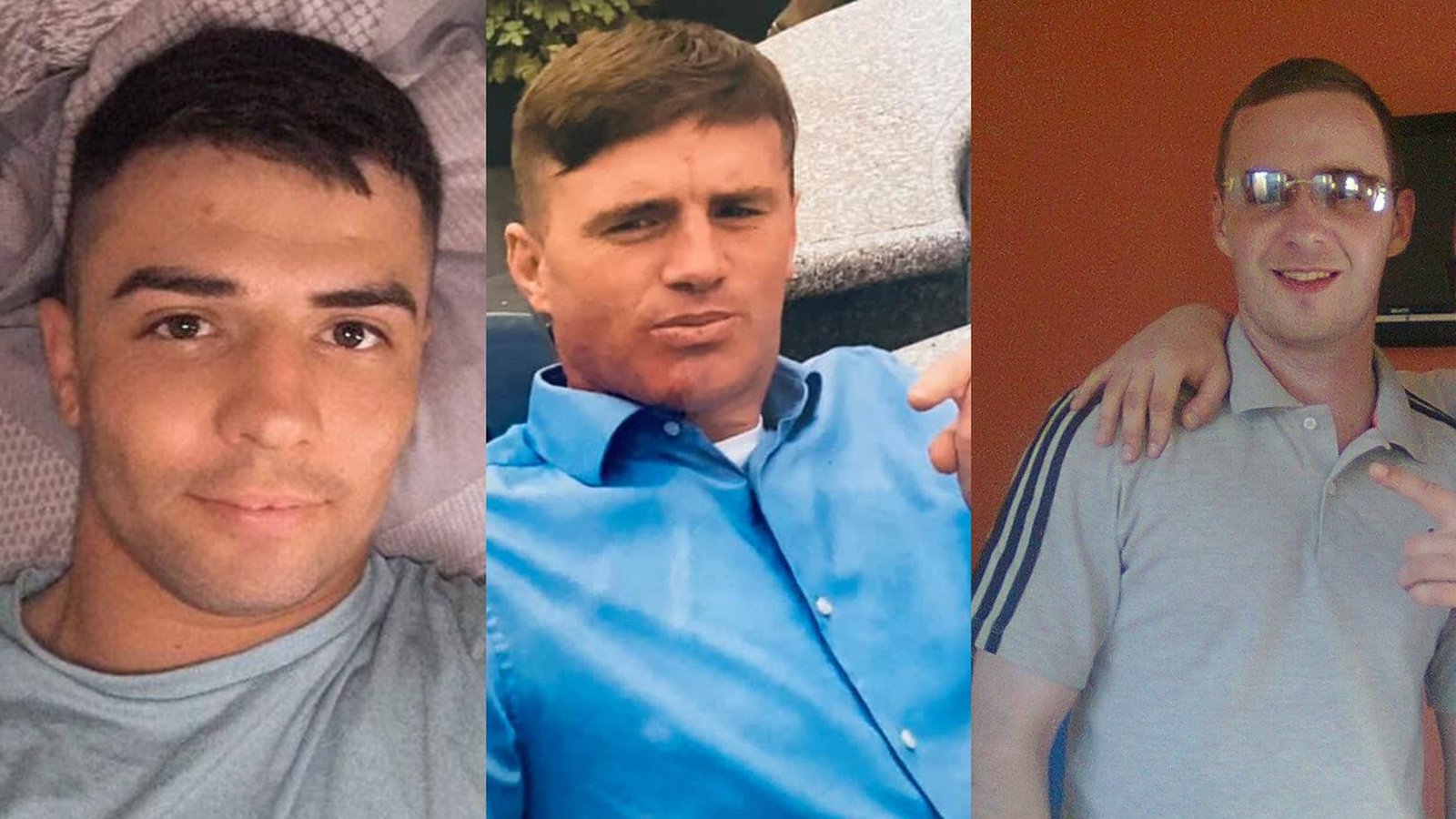EU Ombudsman calls for public inquiry into migrant deaths
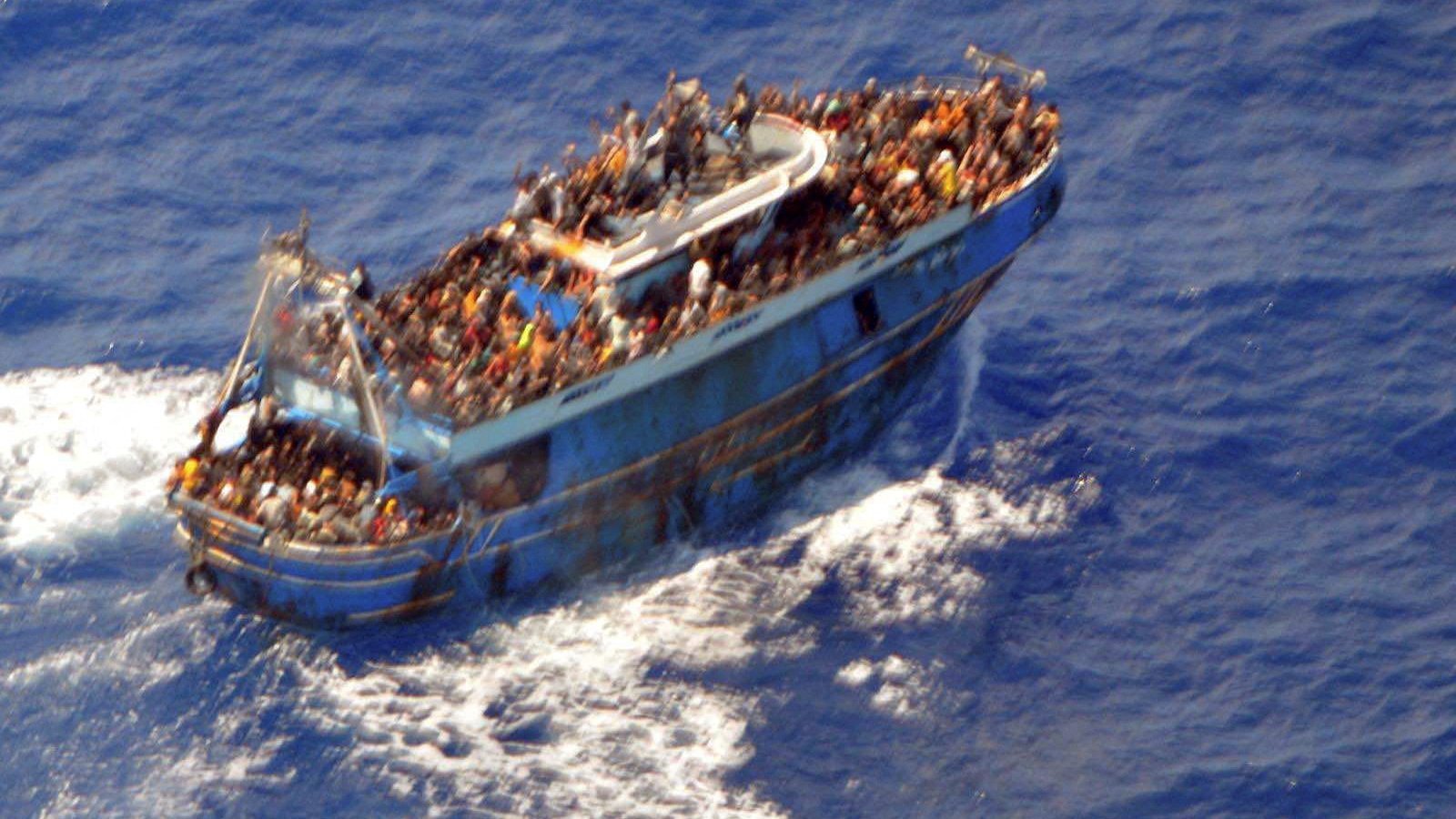
EU Ombudsman Emily O’Reilly has called for a public inquiry into the deaths of migrants in the Mediterranean and for the EU to change its search and rescue rules following an investigation into the drowning of 600 people in June 2023.
The investigation found that the European Union’s coast guard agency Frontex had made four separate offers to assist the Greek authorities while the overloaded fishing vessel, the Adriana, was in distress, but received no response.
“We must ask ourselves why a boat so obviously in need of help never received that help despite an EU agency, two member states’ authorities, civil society, and private ships knowing of its existence.
“Why did reports of overcrowding, an apparent lack of life vests, children on board, and possible fatalities fail to trigger timely rescue efforts that could have saved hundreds of lives,” she said.
The Adriana was a fishing trawler which departed from Tobruk, Libya, on 14 June 2023, overcrowded with migrants which were being smuggled to Italy.
Some 104 men were rescued and 82 bodies recovered.
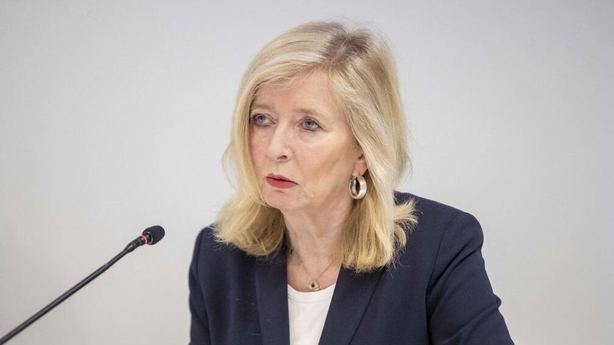
Ms O’Reilly’s report criticises the rules governing Frontex, arguing that the agency is unable to fulfill its fundamental rights obligations.
She said Frontex was too reliant on member states to act when boats carrying migrants are in distress.
According to documents inspected during the investigation, Frontex offered on four occasions to provide aerial surveillance of the Adriana to the Greek authorities, but received no response.
Under the current rules, Frontex was not permitted to go to the Adriana’s location without the Greek authorities’ permission.
As a result, Frontex officials were only at the scene of the disaster twice – once briefly by air two hours after the Italian authorities first issued the alert, and then 18 hours later using a drone after the boat had already sunk.
The Ombudsman’s investigation also showed that Frontex has no internal guidelines on issuing emergency signals, such as Mayday calls, and that there is a failure to ensure its fundamental rights monitors are sufficiently involved in decision making on maritime emergencies.
It is understood the Ombudsman believes that if a member state, such as Greece, is violating fundamental rights obligations, then Frontex could trigger Article 46 of its charter, which could mean withdrawing financing or cooperation with that member state.
“Frontex includes ‘coast guard’ in its name but its current mandate and mission clearly fall short of that. If Frontex has a duty to help save lives at sea, but the tools for it are lacking, then this is clearly a matter for EU legislators,” Ms O’Reilly said.
“Cooperating with national authorities when there are concerns about them fulfilling their search and rescue obligations risks making the EU complicit in actions that violate fundamental rights and cost lives,” she added.
‘Unusually large number’ of English Channel crossings
Emergency services rescued a total of about 180 migrants in four separate operations in the English Channel today, according to the French martitime prefecture.
Two migrants are reported missing following one of the operations. One was taken from the water unconscious.
French rescue services said there were “an unusually large number” of attempted crossings of the English Channel today as “the sea was quiet”.
Additional reporting Reuters


